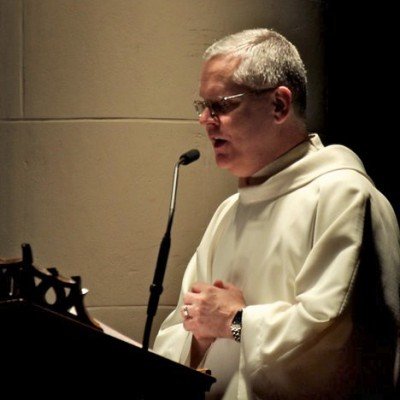Lord’s Prayer line corrected by French Catholic Church
French Catholic Church has finally corrected a “blasphemous” error that crept into the Gallic version of The Lord’s Prayer 50 years ago.
After a 17-year debate, theologians and writers concluded that the French equivalent of “And lead us not into temptation” implied that God Himself could lead us astray, rather than help us keep on the straight and narrow, and thus had “blasphemous” overtones.
The French line before read: “And don’t submit us to temptation.”
It now reads: “And don’t let us enter into temptation.”
The change will be incorporated into a new French translation of the Bible validated by the Vatican that will be published next month.
Traditionalists were appalled when the unfortunate wording was introduced in 1966, as according to father Frédéric Louzeau, a theologian, it suggested that: “God, who is infinitely good and the source of all goodness, could drive man to evil or sin.”

French Catholic Church has finally corrected a “blasphemous” error that crept into the Gallic version of The Lord’s Prayer 50 years ago
Le Figaro, France’s main conservative daily, said the consequences of the poor translation on “millions of Catholics” was “incalculable”.
The “error” was due to an ecumenical compromise between Orthodox Christians and reformed Protestants to create a “common Lord’s Prayer”. The resulting text came in the wake of the Second Vatican Council of 1965, which sought to address relations between the Roman Catholic Church and the modern world.
The French Protestant version of the Bible modified the phrase at the time.
The new translation will be presented during the forthcoming plenary assembly of French bishops at Lourdes. However, it will not be used in French parishes until the changes are incorporated into the latest Roman Missal – not before 2015.
“We’ll have to explain it to our congregation. Even the priest will get it wrong,” Father Scheffels, priest in Nanterre, west of Paris, told Le Parisien.
Eric Denimal, a theologian, told the newspaper that believers should not worry about having said the wrong thing for the past 50 years.
“Whatever way the phrase is pronounced, what counts ultimately is the authenticity of the relationship between the person praying and the God he is addressing,” he said.
The Lord’s Prayer is a central prayer in Christianity also commonly known as the Our Father and in Latin as the Pater Noster.
In the New Testament, it appears a longer form in the Gospel of Matthew as part of the Sermon on the Mount, and a shorter form in the Gospel of Luke, as a response by Jesus to a request by “one of his disciples” to teach them “to pray as John taught his disciples”.
The prayer concludes with “deliver us from evil” in Matthew, and with “lead us not into temptation” in Luke.
